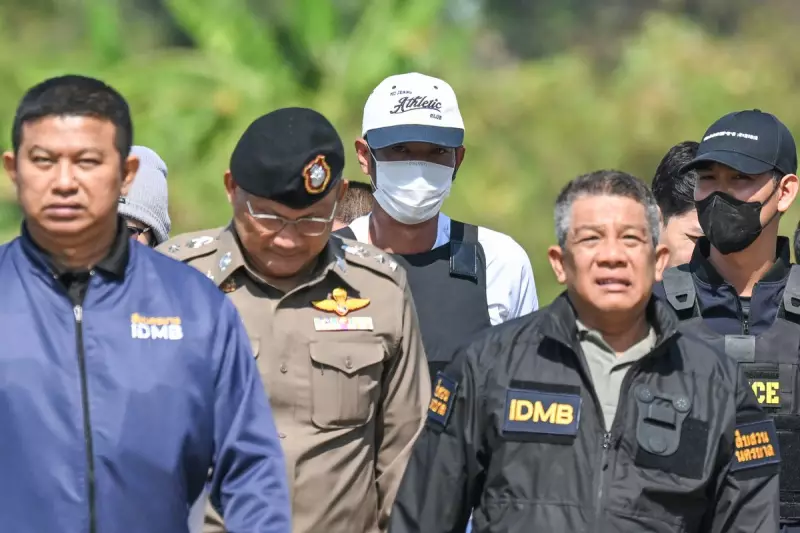
In a concerning development for digital freedoms in Southeast Asia, Thai authorities have reportedly pressured Meta Platforms to remove content featuring exiled Cambodian opposition leader Sam Rainsy from Facebook. This move represents a significant escalation in regional efforts to silence political dissent across borders.
The Bangkok Backchannel Pressure
According to sources familiar with the matter, representatives from Thailand's Ministry of Digital Economy and Society engaged in direct discussions with Meta executives in Bangkok. The talks allegedly focused on content posted by Sam Rainsy, the acting president of the opposition Cambodia National Rescue Party (CNRP), who has been living in exile since 2015.
The discussions reportedly invoked Thailand's controversial Computer Crime Act, a powerful piece of legislation that grants authorities broad powers to regulate online content and pursue criminal charges against platform operators.
A Pattern of Regional Suppression
This incident is not isolated but rather reflects a growing trend of governments collaborating to suppress political opposition across Southeast Asia. Sam Rainsy's case is particularly significant given his history:
- Former finance minister and long-standing critic of Cambodian Prime Minister Hun Sen
- Leader of the dissolved Cambodia National Rescue Party
- Living in exile to avoid multiple convictions he claims are politically motivated
- Maintains active online presence to communicate with supporters
"This represents a dangerous new frontier in regional censorship," noted a digital rights advocate familiar with the situation. "When governments collaborate to silence exiled dissidents through platform manipulation, it undermines the very concept of political asylum."
Meta's Dilemma in Authoritarian Contexts
The pressure on Meta highlights the ongoing challenge facing global tech platforms operating in countries with restrictive governments. The company must navigate:
- Complying with local laws while upholding free expression principles
- Balancing pressure from governments with international human rights standards
- Managing the risk of complete platform bans in key markets
- Addressing concerns about becoming instruments of state censorship
Broader Implications for Democratic Space
This case raises serious questions about the future of political opposition and free speech in Southeast Asia. The collaboration between Thai and Cambodian authorities suggests an emerging pattern of cross-border censorship coordination that could:
- Further shrink the already limited space for political dissent in the region
- Set dangerous precedents for other governments to follow
- Undermine the ability of exiled activists to communicate with supporters
- Challenge the operational independence of major tech platforms
As digital platforms become increasingly central to political organizing, cases like Sam Rainsy's will likely become more common, testing the boundaries of free expression and political opposition in an interconnected world.






